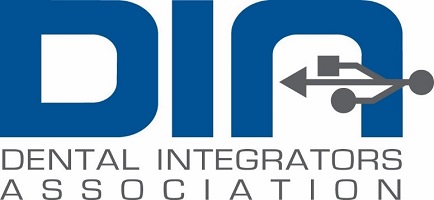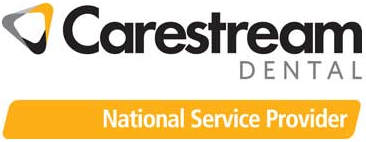Telemedicine: The New Norm during COVID-19
As the world adjusts to social distancing and other measures taken to reduce the spread of COVID-19, telemedicine has become not just a convenient medical resource, but a necessity. Many of us now live under Stay at Home orders and restricted travel, and only leave our homes for life-sustaining activity. Countless healthcare facilities, such as dental practices are closed or seeing patients for emergencies only.
The recent COVID-19 pandemic compels us to seek healthcare complying with the new guidelines. Telemedicine can address the current requirements to maintain social distance and for non-essential business to remain closed. Our physical and mental health needs remain important, and telemedicine allows therapists, family practitioners, and even dentists to practice remotely.
Telemedicine can incorporate standard clinical care, patient education, counseling, therapy, and more. These virtual medical services can be administered to patients from home, work, or another healthcare facility. Telemedicine is designed to be accessible anywhere with internet access from mobile phones, tablets, and desktop computers.
The American Dental Association (ADA) defines teledentistry as the ability for patients to receive dental care when the patient and care provider reside in different locations. Recent technological advancements have enhanced telemedicine’s capabilities to include resources necessary to address numerous patient needs.
Teledentistry delivers care and education to patients using four main methods: live video, secure transmission of health information, remote patient monitoring, and mobile health. Patients needing dental assistance can receive care from a provider through live-streamed video. During the virtual appointment, providers can examine the need, ask questions, and prescribe any necessary medications for treatment.
Some popular platforms for teledentistry include Facetime, Google Meet (for those who have Google Apps), and Microsoft Teams (for those who have Office 365). Each of these has the capabilities necessary to make non-emergency virtual dental care successful.
Doxy.me is one example of a company providing telemedicine solutions for patients, seeking to make the experience accessible and simple to use. Doxy.me complies with HIPAA, GDPR, PHIPA/PIPEDA, & HITECH, and even offers a free starter package including everything except phone support and HD video.
In light of the novel coronavirus pandemic, many health insurance companies are making adjustments to help those who have lost income but still need medical coverage and assistance. America’s Health Insurance Plan’s website outlines here some ways in which providers are addressing recent concerns.
Numerous insurance companies have expanded telehealth services and even reduced costs for plan members. For example, Highmark Health has expanded coverage for telemedicine to all members, including those who previously opted out of the service. Highmark has also waived cost sharing for covered telehealth service for ninety days. Geisinger health has made telemedicine service available for all members at no cost through June 15, 2020.
Technology, healthcare, and insurance providers are working together to transition as seamlessly as possible into the new norm resulting from COVID-19. Compass Network Group is here to help you continue treating patients and practicing dentistry. For more information about teledentistry options, call us.
For premium network services and IT support in the Lancaster PA area, including safety and security for your dental practice – contact us today.




